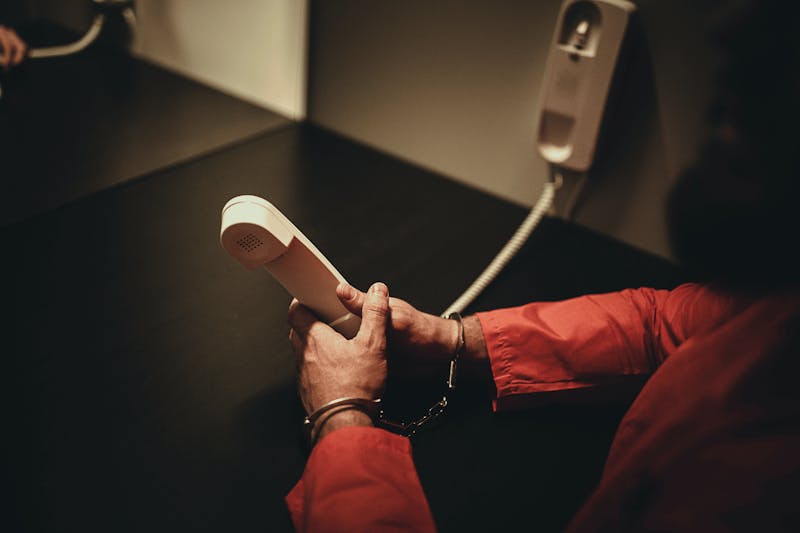
Many people understand that when they are pulled over for a traffic stop or even arrested, they still have many rights. They have the right to remain silent through the Miranda warning, and under the Fourth Amendment, they have the right to be protected against an illegal search and seizure. Most people have also seen on television and in movies a person being told they have the right to a phone call, or demanding it after arrest. Of course, not everything depicted on screen is always true. So, if you are arrested, do you have the right to a phone call? In fact, you do.
Your Right to a Phone Call
A police officer may inform you of your right to a phone call while you are at the police station. This right is meant to allow you to phone your lawyer or anyone else you need to speak to in order to inform them of the arrest. The police officer may make it seem as though you only have the right to make one phone call, but that is not true. In reality, you can make as many phone calls as you need.
For example, you may try to phone your attorney after being arrested and taken to the police station. If you could not get a hold of them and wanted to call back in an hour or so, you would have a right to do so. Or, if you were on your way to pick your child up from school and had to make other arrangements, law enforcement should allow you to make a phone call to do so, as well. Regardless of the reason for the phone call, law enforcement cannot prohibit you from contacting people, within reason, outside of the police station.
Privacy During the Phone Call
If you make a phone call to your lawyer while inside the police station, you have the right to know that it is a private conversation. Law enforcement cannot listen in or record you while you are speaking to your attorney, so they cannot hold anything you say to your lawyer against you in the future. No matter when you speak to your attorney, whether it is on the phone or in person, you have the right to know those conversations are confidential.
If you phone anyone else other than your attorney, you should assume it is being recordedEven though all parties must give consent before a phone conversation is recorded in Florida, law enforcement may not abide by this so they can obtain evidence to use against you. Keep to the basic facts when speaking to anyone else but your lawyer, and tell them where you are, if you have been charged and if so, what charges you are facing.
Our Criminal Defense Lawyers in Orlando Will Protect Your Rights
You have many rights, even if you have been charged with a crime. At O’Mara Law Group, our Orlando criminal defense lawyers will ensure those rights are upheld and give you the best chance of beating your charges. Call us today at 407-634-6604 or contact us online to schedule a consultation.

